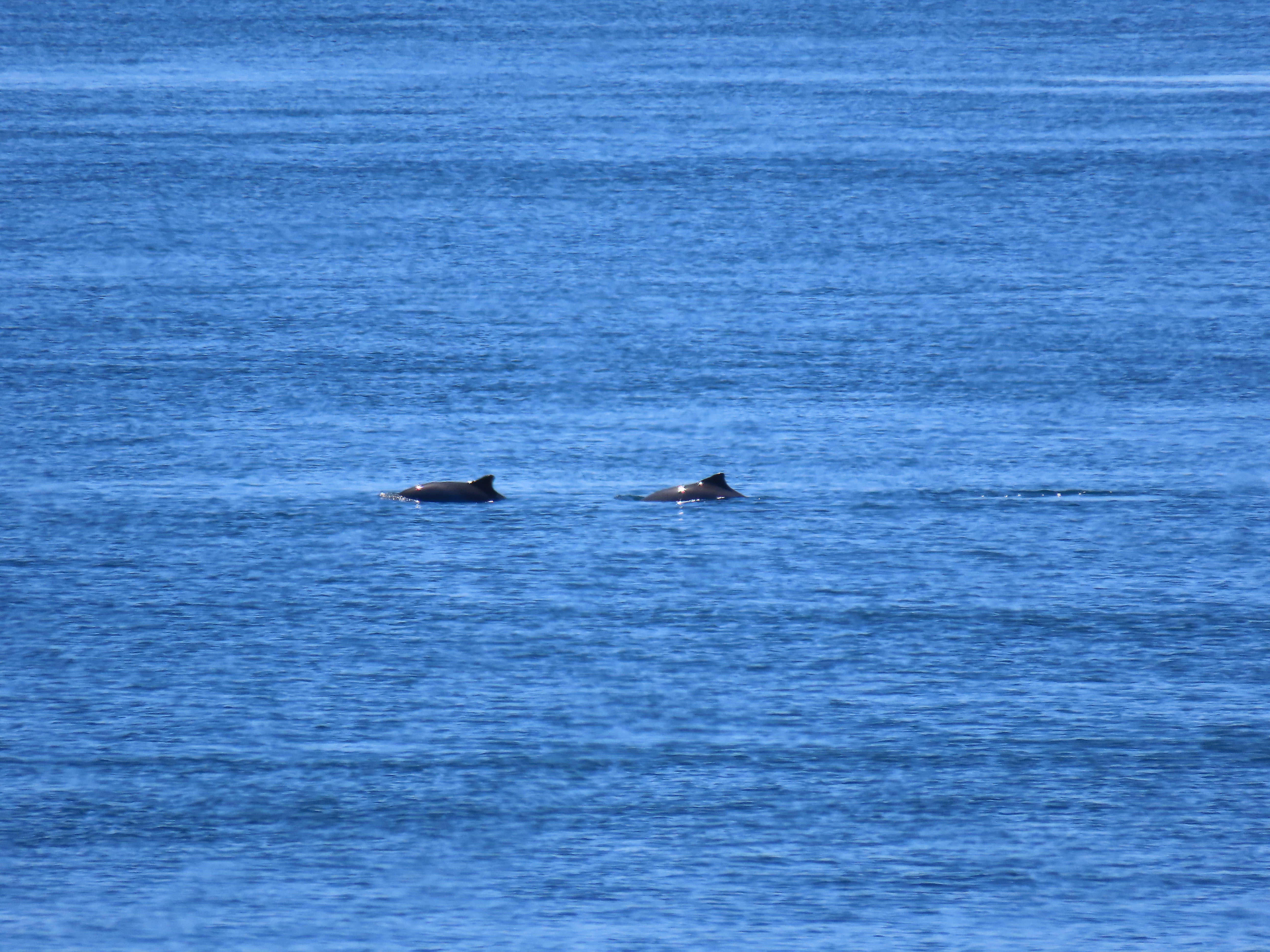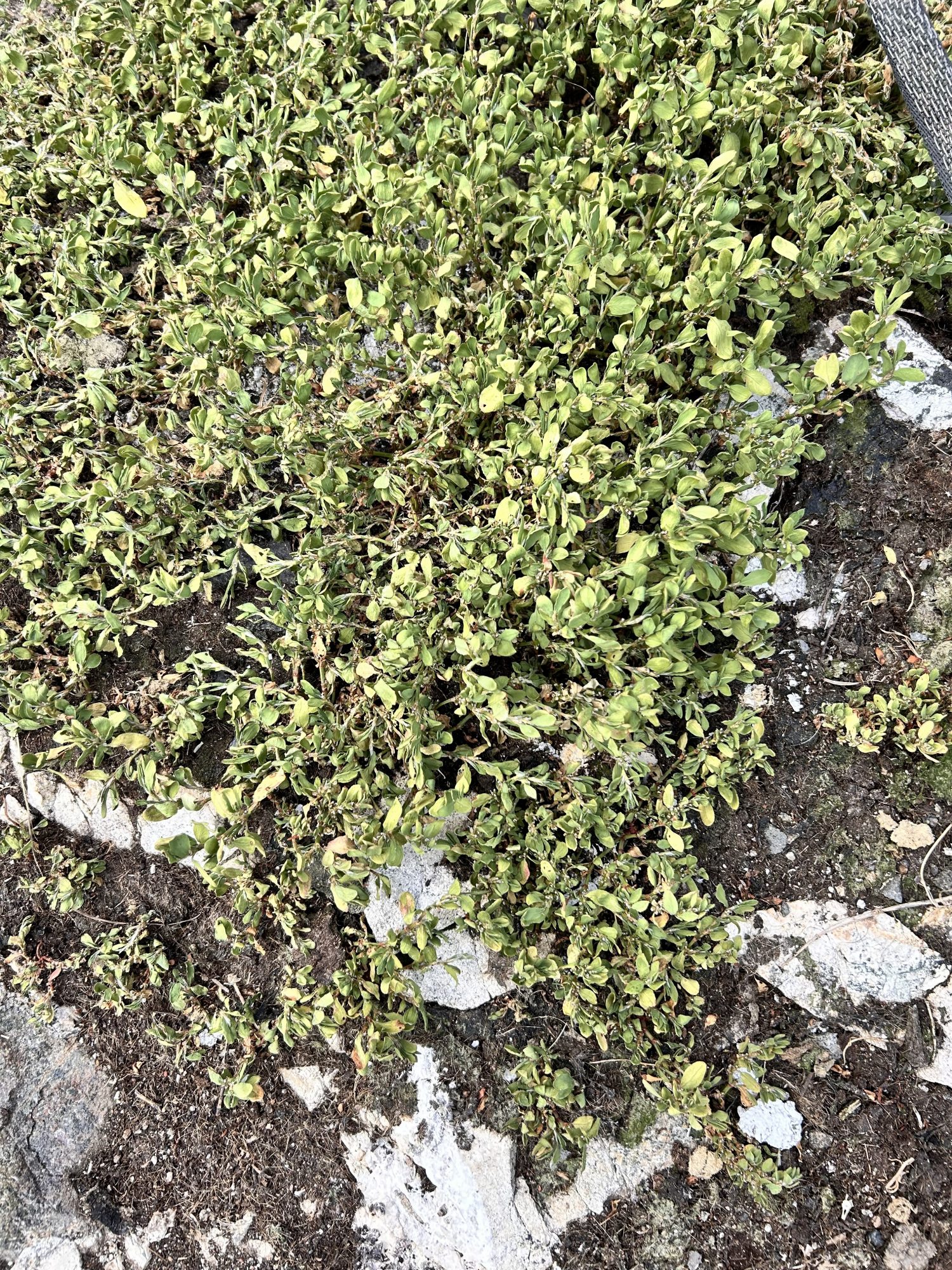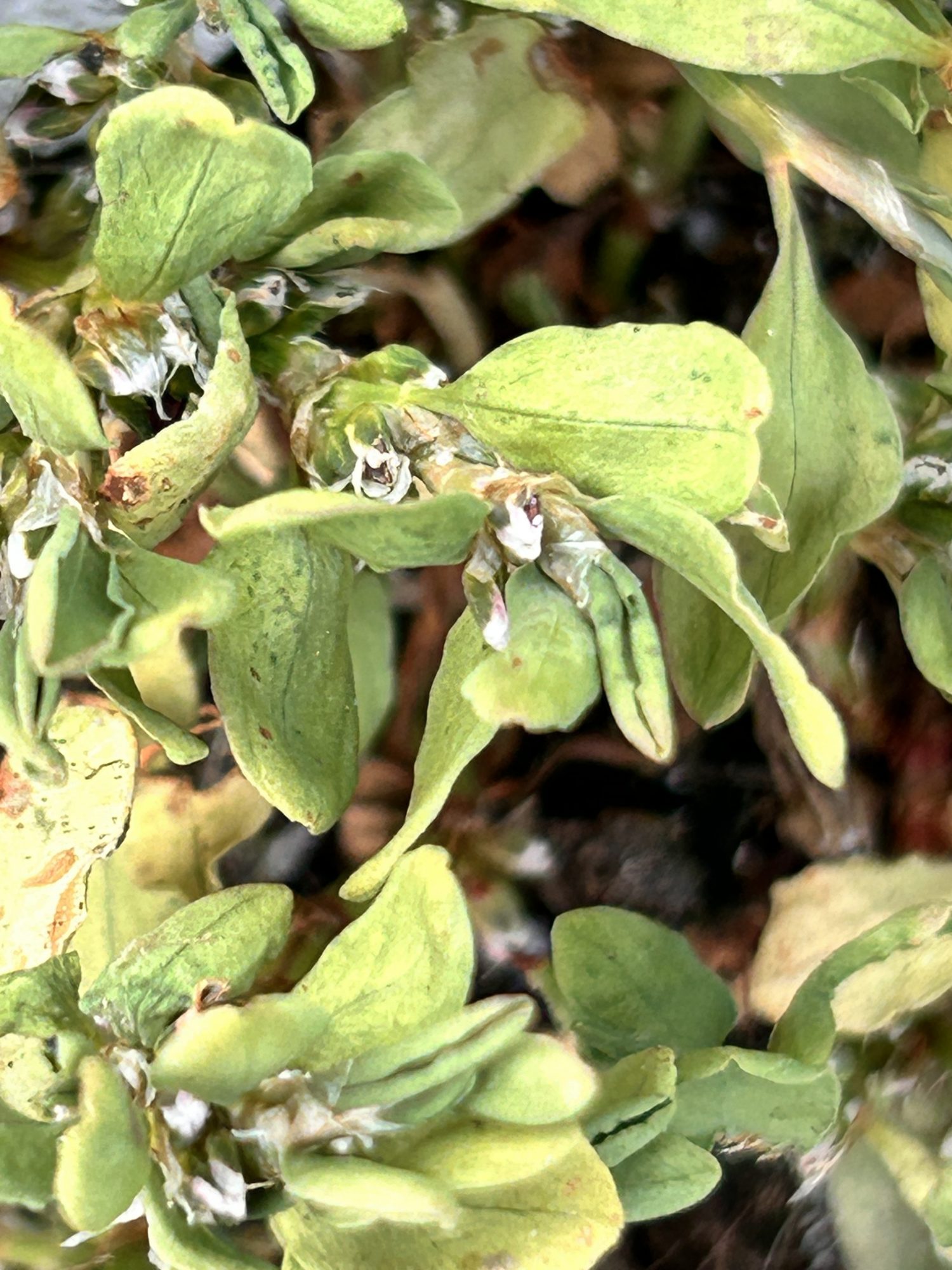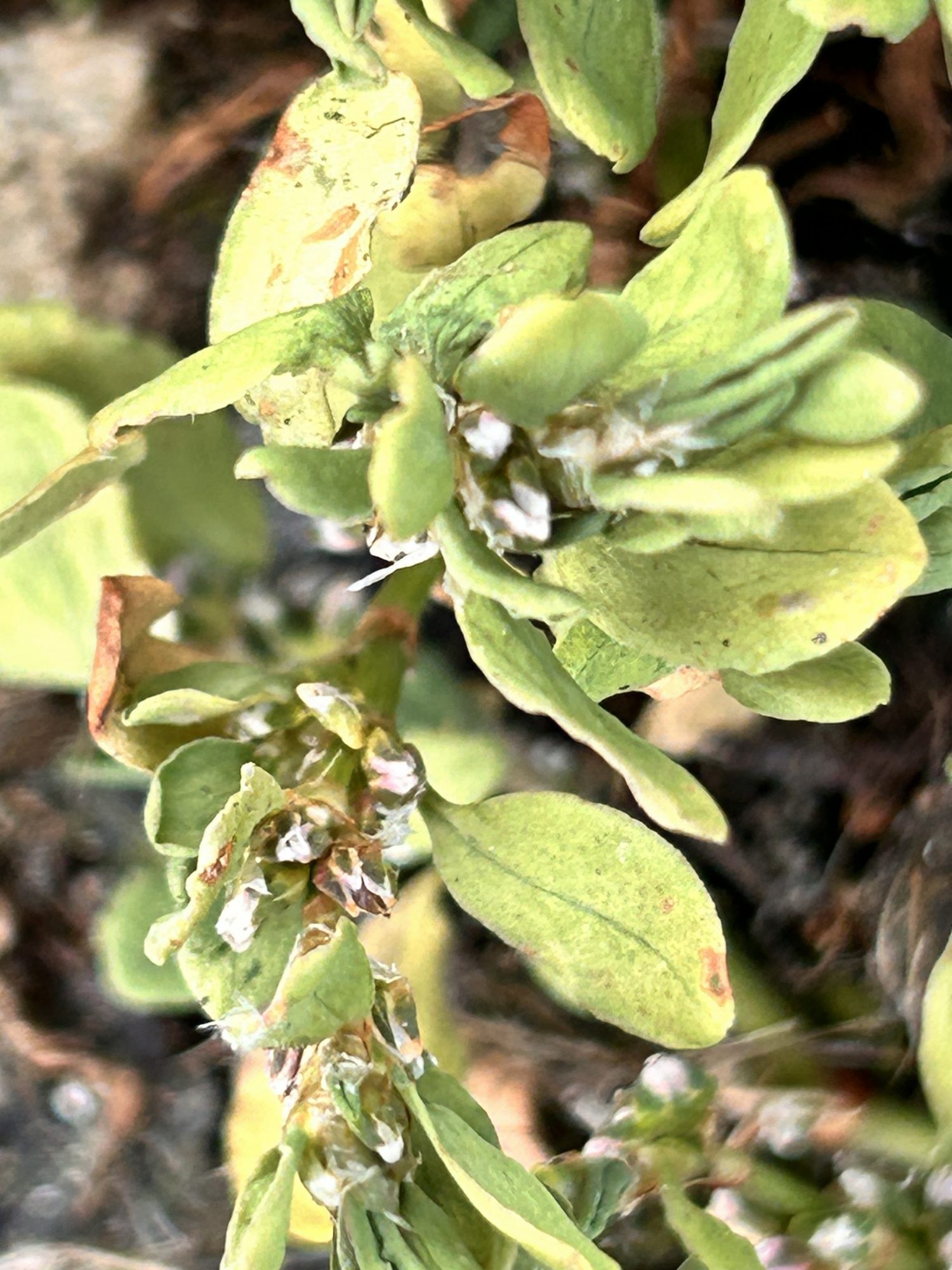Another gorgeous day on this rock! The gulls are laying eggs faster than I can count them and they seem to range from 1-3 per nest. Lots of nests still without eggs though and lots still being built. I got to see both humpbacks and killer whales not too far out of the reserve today and yet I think I was most excited about the porpoises. I see harbour porpoises nearly every time I go to the beach when I’m home yet I rarely seem to see them here. The water today was so glassy they were impossible to miss!
Facility work:
- Topped up battery electrolytes
- Cleaned solar panels
Vessels:
- Ecotourism: 24 vessels
- Private: 1 vessel
DND Blasting:
- 10:30am – Birds fled, pinnipeds aware but remained hauled out
- 10:32am – Birds still hadn’t returned from first blast, sea lions sat up, harbour seals went in the water
- 10:45am – Was in the midst of battery maintenance, did not note disturbance
- 12:50pm – Birds fled
- 12:52pm – Birds still gone from previous blast
- 1:10pm – Birds fled but quick to return
Weather:
- Sky: Blue sky and sun
- Wind: Low of 4 knots, High of 9 knots
- Sea: Glassy
- Temperature: Low 10•C, High 24•C
** All wildlife photos taken at the furthest distance possible, and may be cropped to improve detail! **




